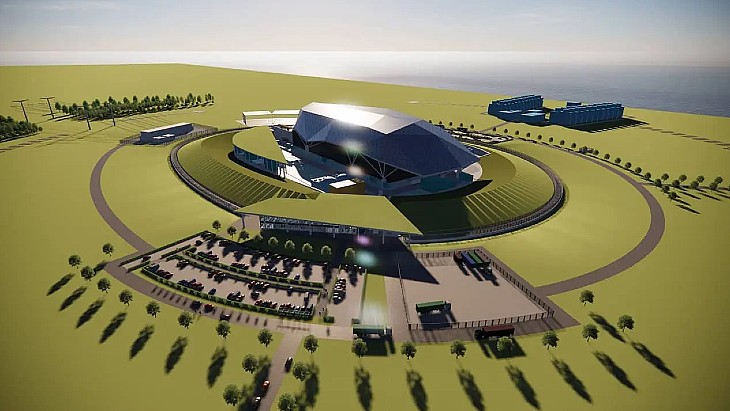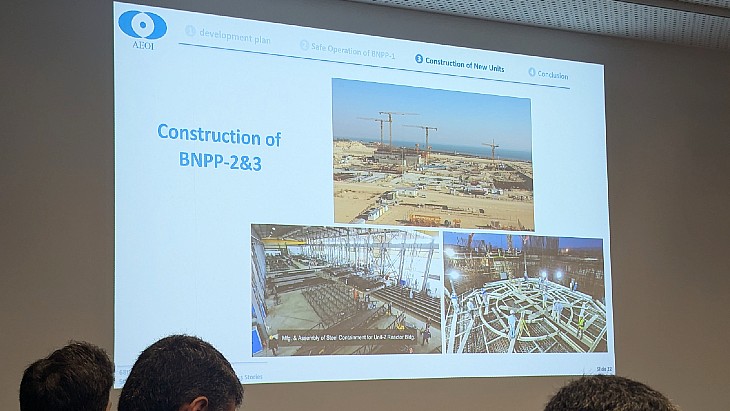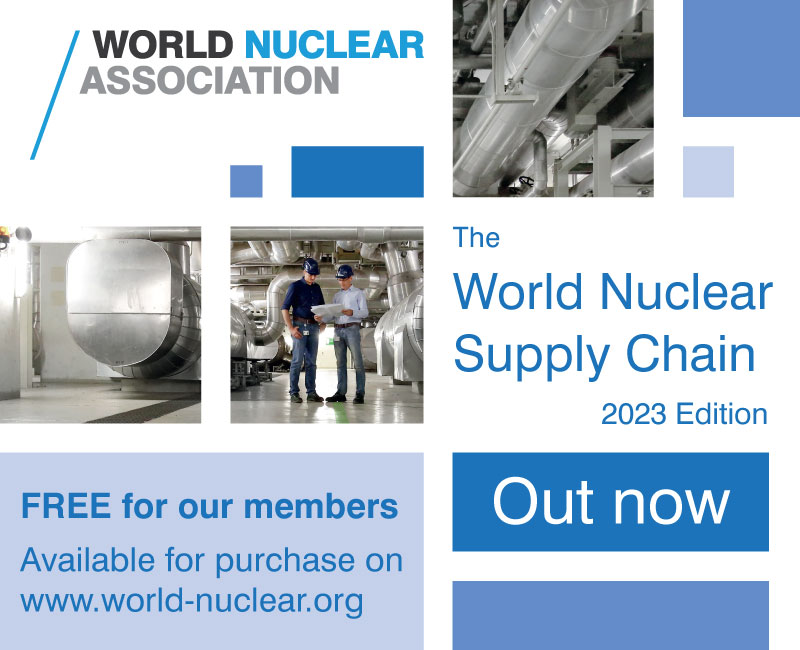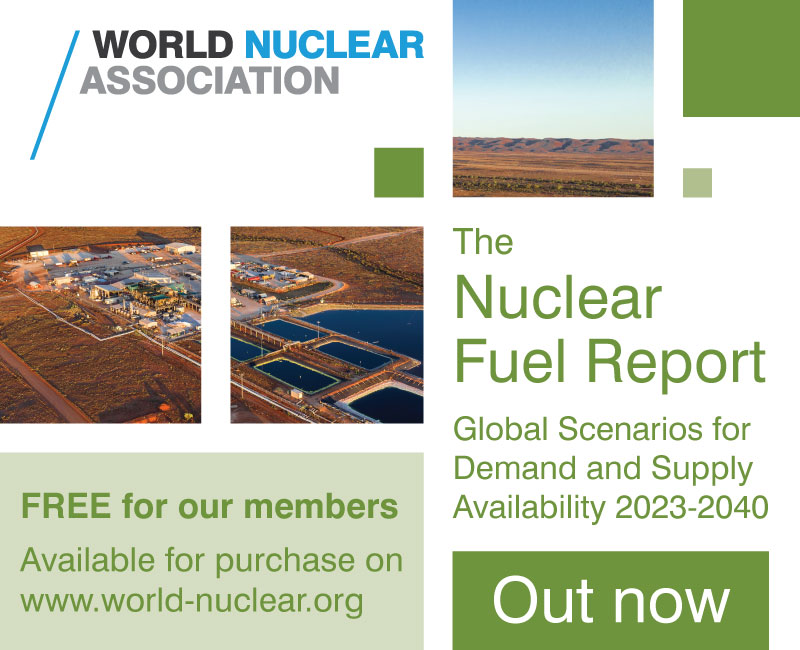Contract for Romanian lead-cooled reactor research facility
.jpg)
ATHENA will be a 2.21 MWt pool-type facility housing 880 tonnes of liquid lead in a main vessel, measuring 3 metres in diameter by 10 metres in height. It will accommodate scale components for testing and demonstration of lead fast reactor (LFR) technology.
The Ansaldo Nucleare and Reinvent Energy consortium will be supported by Italy's National Agency for New Technologies, Energy & the Environment (ENEA) and SRS Servizi di Ricerche e Sviluppo srl for the conceptual and executive design of the technological part. It will also be supported by Romania's Institute for Studies & Power Engineering and Somet for the design of civil works and installation activities, respectively.
The project - to be carried out over about two years - involves the construction of an electrical core-based simulator, a main pump and a heat exchanger similar to the arrangement of the Advanced Lead-cooled Fast Reactor European Demonstrator (ALFRED) system.
The facility will also be equipped with a water-cooling circuit to ensure representative conditions on the secondary side of the heat exchanger. The main scientific objectives of ATHENA concern the research and development needs (e.g. chemistry control, lead/water interaction), as well as stationary and transient testing of thermohydraulic phenomena occurring during normal operation and accidental conditions of an LFR reactor.
"The ATHENA project will bring to light the largest facility in Europe for research on LFR technology," said Ansaldo Nucleare CEO Luca Manuelli. "The experimental results produced will be key to supporting the development of ALFRED in Romania and in Europe. In line with our NewClear vision, the collaboration between research centres and key industrial players will bridge the gap for faster deployment of advanced nuclear technologies with small modular reactor characteristics, towards a cleaner, safer, and more sustainable role of nuclear in the European energy transition."
Catalin Ducu, general manager of RATEN-ICN, added: "ATHENA is the first step in a complex technological infrastructure through which the physics and engineering of the next generation of lead-cooled nuclear power plants will be better understood and validated. ATHENA is a first milestone in the ambitious ALFRED infrastructure project and represents a great opportunity for the South-Muntenia region for the development of highly-qualified Romanian professionals, as well as for the European research and development programme."
"The Romanian industry is deeply involved in this important project, so we are honoured to have this significant contribution," said Marius Gheorghiu, general manager of Reinvent Energy. "Together with our partners, we believe in a healthy green future, built with sustainability, quality and innovation."
A 300 MWt demonstration ALFRED unit is being built at ICN's facility in Mioveni, near Pitesti, where a fuel manufacturing plant is in operation for the country's two operating Candu reactors. ALFRED is seen as a prelude to an industrial demonstration unit of about 300-400 MWe. The lead-cooled reactor will employ mixed-oxide fuel and will operate at temperatures of around 550°C. It features passive safety systems. The total cost of the project is put at some EUR1.0 billion (USD1.1 billion).
The conceptual design of the ALFRED reactor and the integrated project were led by Ansaldo Nucleare under the seventh Euratom framework programme. ENEA performed the core design, technological development and safety analyses through numerical and experimental approaches.
The reactor is being developed through the European Sustainable Nuclear Industrial Initiative (ESNII), which brings together industry and research partners in the development of so-called Generation IV Fast Neutron Reactor technology, as part of the EU's Strategic Energy Technology Plan. ESNII was set up under the umbrella of the Sustainable Nuclear Energy Technology Platform, formed in 2007 and bringing together more than 90 stakeholders involved in nuclear fission.
_92619.jpg)

_84504.jpg)










